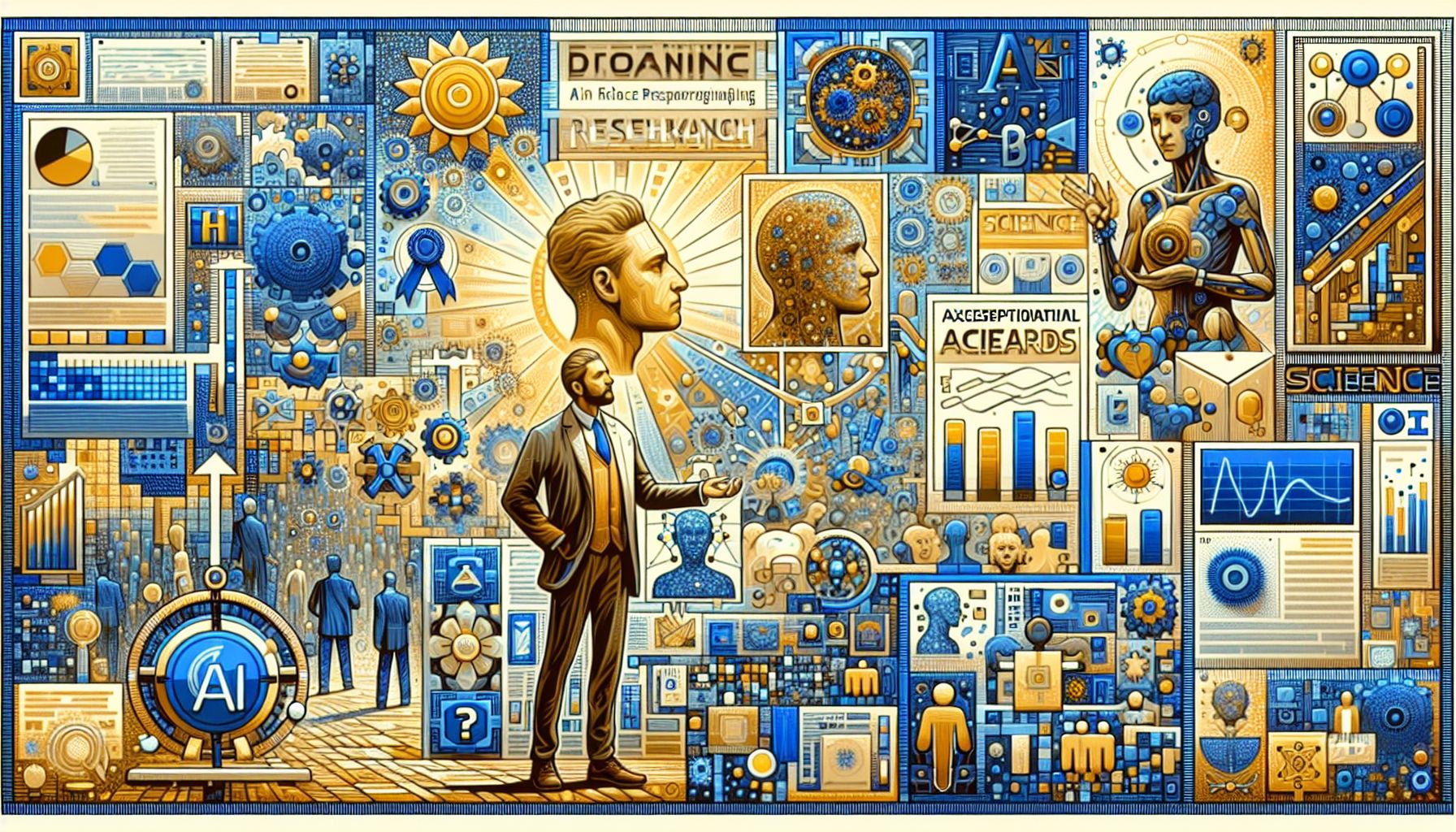TU Delft Research Day Showcases Groundbreaking AI Technologies

The Eindhoven AI Systems Institute’s fifth anniversary featured Carlo van de Weijer highlighting TU Delft’s groundbreaking AI research and Science Awards recognizing exceptional AI innovations.
Breakthroughs in AI Research
The anniversary event, held at the Eindhoven University of Technology, underscored the significant advancements in artificial intelligence being driven by TU Delft. Carlo van de Weijer, director of the Eindhoven Artificial Intelligence Systems Institute (EAISI), delivered a keynote address that detailed numerous pioneering AI projects. Notably, the development of neuromorphic learning systems for autonomous drones was showcased, which aim to mimic insect brain processing for more efficient navigation and obstacle avoidance. These advancements promise to enhance the capabilities of small drones, making them more energy-efficient and suitable for various real-world applications such as warehouse stock tracking and greenhouse crop monitoring[1].
Recognition of Excellence
The TU Delft Research Day also celebrated individual achievements in AI with the Science Awards. Francesca Grisoni from the Faculty of Biomedical Engineering received the Young Researcher Award for her work on AI methods to discover new drugs. Tugce Martagan from the Faculty of Industrial Engineering & Innovation Sciences was honored with the Groundbreaking Researcher Award for integrating AI, biosciences, and operational research to improve pharmaceutical production and supply chains. These awards highlight the practical applications of AI in healthcare and industrial processes, demonstrating the tangible benefits of AI innovations[1].
AI in Education
In addition to research, the event emphasized the importance of AI education. The Spring Symposium on AI Education, held on June 4th at TU Delft, featured sessions on integrating AI into various educational curricula. Distinguished professors like Kees Kaan and Georg Vrachliotis discussed the intersection of architecture and AI, exploring how AI can influence design education. Practical workshops focused on machine learning, data visualization, and the development of AI courses into Massive Online Open Courses (MOOCs) to extend their reach. This initiative aims to equip students and professionals with the necessary skills to navigate the evolving job market influenced by AI technologies[2].
Industry and Academic Collaboration
The collaboration between industry and academia was also highlighted during the event. Martin van den Brink from ASML and Karen Scrivener from EPFL received honorary doctorates for their contributions to semiconductor manufacturing and cement and concrete research, respectively. This recognition underscores the critical role of industry experts in advancing AI technology and its applications. The partnership between TU Delft and leading industry figures fosters an environment where theoretical research and practical applications converge, driving innovation forward[1].
Future Prospects
Looking ahead, TU Delft continues to push the boundaries of AI research. Projects like the development of Majorana particles for quantum computing and the creation of living synthetic cells from biomolecules using AI and lab evolution are set to revolutionize their respective fields. These initiatives are part of larger research programs funded by substantial grants, such as the 35 million euros NWO Summit Grant awarded to a consortium including TU Delft. These efforts reflect TU Delft’s commitment to leveraging AI for groundbreaking scientific discoveries and practical applications that can significantly impact society[3].

